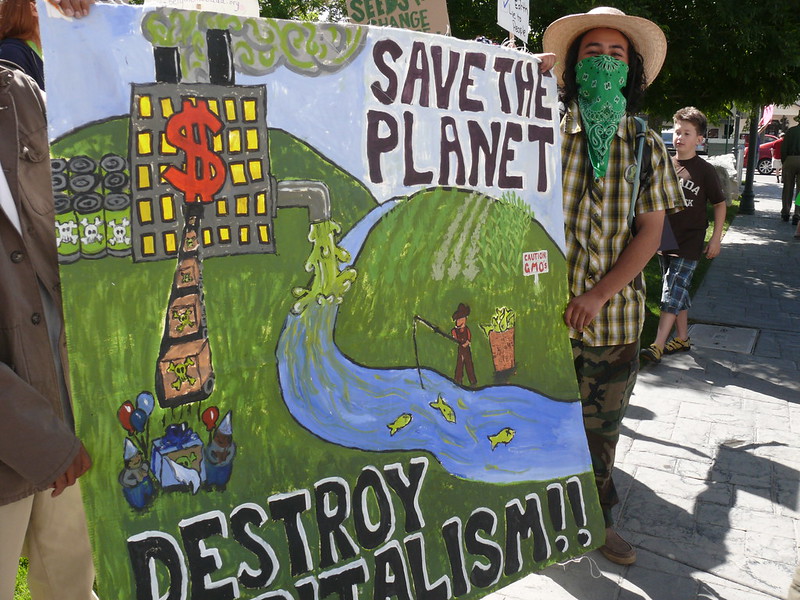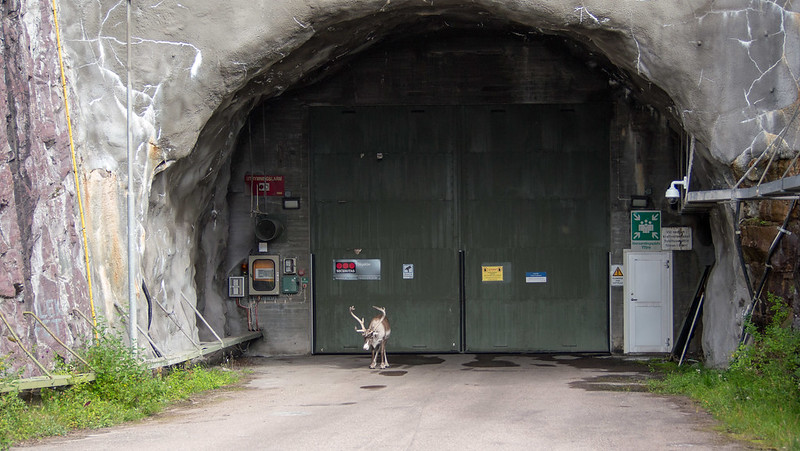
by Stefanie Gerold, Ernest Aigner, Maja Hoffmann and Louison Cahen-Fourot
In May this year, a group of well-known academics launched an initiative to reform work in light of the Coronavirus pandemic and the environmental crisis. The manifesto, Work: Democratise, Decommodify, Remediate, has so far been published in newspapers around the world, and signed by more than 6,000 people. Referring to the essential contribution of workers to society and the economy – made ever more apparent during the pandemic – the manifesto argues that employees should be involved in decision-making processes in firms. It further raises the problem of leaving key human needs such as health to market forces, and therefore demands publicly funded job guarantees. In light of the environmental crisis, the manifesto calls for conditioning state bail-outs on certain environmental standards and on the presence of democratic principles within firms. It considers democratically governed firms best suited to achieve a transition towards sustainable business.
We hope that this initiative stimulates the much-needed public debate on the role of work in society. We fully share the demands to democratize firms, decommodify work, and remediate the environment in principle. However, certain suggestions point in the wrong direction and fall short of the progressive potential in current debates on work. The authors also draw an uncritically positive picture of work and are surprisingly silent about the many problems associated with work.
Democratization. The letter rightly points to the exclusion of workers from most decision-making processes in firms. Extending the principle of democracy into the realm of work is long overdue, and implementing co-determination in firms is therefore important. This does not, however, change the major purpose of privately-owned businesses: generating profit for capital owners. Placing workers’ interests at centre stage requires different business models altogether, such as cooperatives that are owned and self-managed by their workers.
Nonetheless, the implied vision of a future where you need a job in order to have a say in economic decision-making is exclusionary and fundamentally undemocratic. It leaves out large parts of the population and continues to marginalize unemployed persons and unpaid (care) activities. A true democratization of work needs to go much further and encompass the democratization of the entire economy, whereby society as a whole decides on what is being produced, how and for whose benefit.
Collective deliberation about, for example, the purpose of the financial sector, or the necessity of jobs in the weapons industry, might also question the rising number of ‘bullshit jobs’ that are considered useless, or even destructive, for society. The Coronavirus pandemic has clearly revealed the rather limited list of jobs and sectors that are essential for meeting society’s basic needs.
Decommodification. The second claim of the letter demands that work be partly exempted from market mechanisms. We fully agree that essential areas of life should be taken out of the realm of markets.
However, “ensuring that all people have access to work” would potentially exacerbate, rather than solve, the problem. The pandemic has clearly shown our dependency on work in order to make a living. Regardless of whether our job is useful to society or grants dignity, we are required to sell our labour in order to earn money to meet our needs.
A “right to work” scheme, as proposed by the letter, might indeed tackle the unemployment issue, and it might also help to ensure that basic social needs are met. However, implemented in a society equating work with personal achievement and access to social rights, it would also reinforce people’s material and cultural dependency on work. To be truly emancipatory, a “right to work” scheme needs to be mirrored by a “right to live well” that is granted to all – independent of one’s capacity to work, and independent of economic or health crises setting large parts of the labour force free. A “right to live well” scheme would make access to social welfare institutions independent from work and provide the necessary infrastructure to live a meaningful life independent of work. Such a scheme could take the form of an in-kind universal basic income providing health, education, housing, energy, transportation and food through full socialization of these sectors.
Moreover, the idea of grounding “citizenship in firms” because “one’s mind and body, one’s health – one’s very life” is invested in work, seems a rather dystopian vision of the future, whereby the wage relation becomes ever more central to social life. We believe an emancipatory and desirable vision would instead limit the personal and societal relevance of work, so that it is one aspect of life but does not determine life entirely.
Environmental remediation. The letter rightly argues that any response to the Coronavirus-induced economic crisis needs to include environmental considerations. It finds that democratically led firms are best able to achieve such a transition.
Although this is true in some cases, fractions of organized labour have also repeatedly opposed needed changes. Especially in inherently unsustainable industries, such as coal, steel, or aviation, workers’ rights for participation would most likely not result in the required changes – namely a significant downsizing of these industries and therefore the phasing out of most jobs.
It is important to understand that work, whether in industry or services, is always a process that consumes energy and resources, and currently at clearly unsustainable levels. As scientific studies have pointed out, we need to reduce the overall amount of work in order to stay on trajectories compatible with ecological limits. Why should we try to come up with new tasks to keep everyone busy? Instead, we could reduce work hours and redistribute the remaining necessary work more evenly across society, accompanied by a broad, democratic debate about the usefulness and harmfulness of work.
Democratizing and decommodifying work, and remediating the environment are essential to sustain life on this planet. However, this cannot be done through limiting ourselves to well-worn social democratic thinking. Nor can it be done through uncritically considering work as inherently positive, or without reflecting on the role of work in contemporary capitalism. Societies, rather than markets or firms, should decide what kind of work is done and considered useful and valuable. Emancipation from labour requires us to democratize and decommodify the economy as a whole, to transform it to become sustainable, and to enable us to live well independent of work. It requires us to democratize, decommodify and remediate our very existence.
The Work: Democratise, Decommodify, Remediate manifesto was further developed into a book. The French version of this book was released on October 1, 2020.
Note: a French version of this commentary on the manifesto was published on May 23, 2020 in Le Monde online. A German version was published on July 24, 2020 as a blog article in Der Freitag.
Stefanie Gerold is a researcher at Technical University of Berlin (TU Berlin), Ernest Aigner, Maja Hoffmann and Louison Cahen-Fourot are researchers at Vienna University of Economics and Business (WU Vienna).

